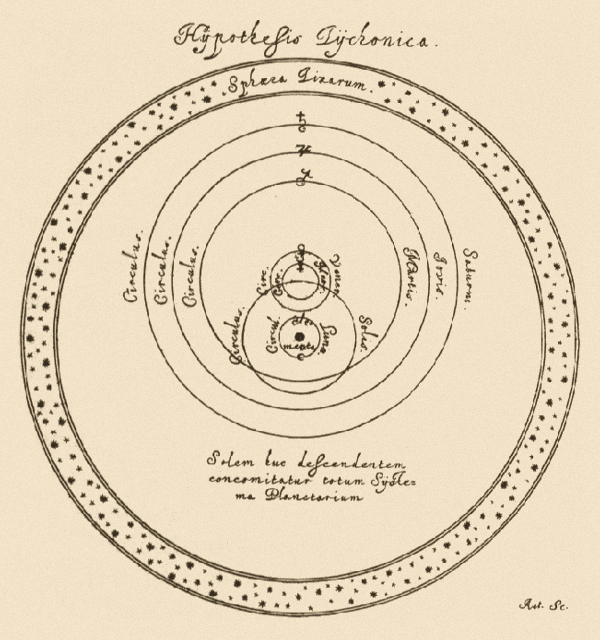UFO Objections: Extraordinary Evidence
This post is one of a series on responses to common UFO objections. Also see: Aliens Wouldn't Do That.
Objection: extraordinary claims require extraordinary evidence
I would argue the best version of this is actually "extraordinary claims require extraordinary quantities of evidence".
The difference is that the evidence itself doesn't have to be extraordinary (an ill-defined term anyways), there just needs to be enough of it.
This is necessary to avoid the problem of trapped priors: when disconfirming evidence is always interpreted in a way that still reinforces a prior belief. To illustrate this, consider a person with cynophobia, a fear of dogs. To their mind, any interaction with a dog will feel like a harrowing brush with death:
Joyfully pouncing over to get a headpat gets interpreted as a vicious lunge; a whine at not being played with gets interpreted as a murderous growl, and so on... 'the dog came this close to attacking me, I knew all dogs were dangerous!'
For this patient, "extraordinary" evidence that dogs can be safe will never arrive[1] and each unremarkable interaction actually just further reinforces their prior belief that dogs are always dangerous.
Phobias may seem like an extreme example, but trapped priors show up everywhere. For example, in politics, when a partisan hears an argument from the other side, they disagree and decide it's wrong and dishonest. This then just further strengthens their belief that their opponents are wrong-headed liars. They're not only not convinced, but actually further stuck in their existing beliefs.
And it's not just a problem for the masses either; some of history's greatest minds have found themselves in the same dynamic.
Tycho Brahe
Tycho Brahe has "been described as the greatest pre-telescopic astronomer" with his unprecedentedly precise observations, and original astronomical instruments that provided the data to formulate Kepler's laws of motion.
He was also one of the most prominent scientific opponents of heliocentrism:
Tycho had measured the apparent sizes of stars (now known to be illusory), and used geometry to calculate that in order to both have those apparent sizes and be as far away as heliocentrism required, stars would have to be huge (much larger than the sun; the size of Earth's orbit or larger).
His conclusion:
"Deduce these things geometrically if you like, and you will see how many absurdities (not to mention others) accompany this assumption".
It may not be that Tycho miscalculated star sizes simply to oppose heliocentrism, but unfortunately if you search long enough, eventually you'll find something that seems to confirms your prior beliefs, but is actually mistaken.[2]
He also cited the Copernican system's "opposition to the authority of Sacred Scripture in more than one place" as a reason why one might wish to reject it.

After examining a position he opposed, he actually ended up thinking he had more contrary evidence than when he started! If one of history's greatest astronomers struggled with trapped priors, so will all of us.[2]
Quantity can be extraordinary
We avoid this problem by allowing little bits of evidence to have little bits of impact.
Evidence is often dismissed as "inconclusive", but evidence is nearly always inconclusive! That's why it's "evidence" and not "proof". What inconclusive evidence is supposed to do is add up to a final conclusion. OJ having a cut on his hand isn't conclusive that he did it, and the glove not fitting isn't conclusive that he didn't. Instead of dismissing either, we combine them to arrive at credences for various scenarios.
When Copernicus first suggested that the earth moved, there was evidence for this, like that the other planets varied in brightness over the year. There was also evidence against it, in that the stars' relative positions didn't seem to change due to the expected parallax.
There wasn't yet extraordinary (empirical) evidence for this extraordinary claim, which wouldn't happen until the following century's observations of the phases of Venus. Hopefully though, Copernicus's imperfect and inconclusive models would have at least marginally persuaded astronomers and got them to dig deeper, rather than entrenching the prior that heliocentrists were cranks and heretics.
Eventually these little bits add up, and either change the consensus or convince us to search for the extraordinary.
What would even be sufficiently extraordinary for this person anyways? A doggie-Gandhi taking a vow of non-violence? Hopefully this illustrates how subjective "extraordinary" can be. ↩︎
Brahe did not know about light diffraction and the resulting Airy disk that appeared in his telescope. So you see, he was just viewing it through the wrong lens. ↩︎
If you want more examples of correct theories that struggled against illusiory evidence and priors, see plate tectonics, the composition of stars, and meterorites. ↩︎